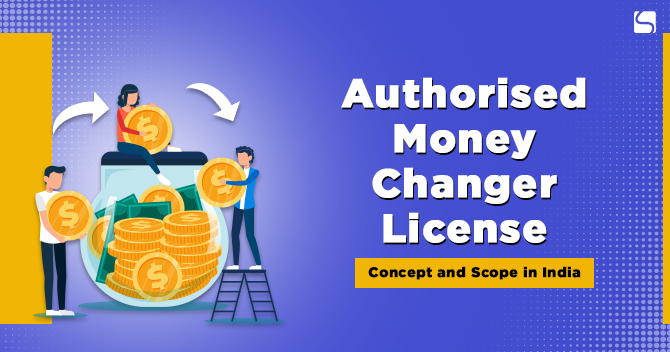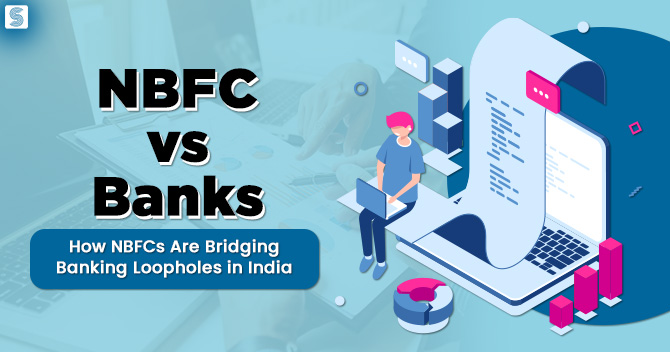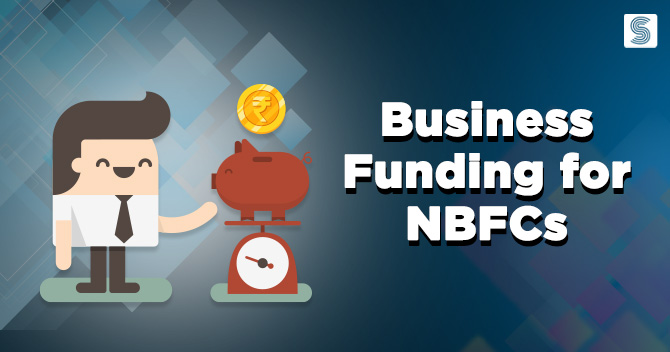How to Start Currency Exchange Business in India?

Dashmeet Kaur | Updated: Oct 15, 2019 | Category: FFMC, RBI Advisory
The thought of starting a currency exchange business must have crossed your mind as there are higher chances of earning substantial profits in it. Though recently there has been a rapid increase in digital currency, the paper currency still governs the world. People got a sense of reality check after the declaration of demonetization in 2016. It was turmoil for citizens of India who were unaware of the forthcoming. However, one cannot overlook the positive impact of demonetization, which is the flow of clean money in the Indian economy. Without a consistent stream of money exchangers, it is more challenging to conduct import and export activities in foreign markets.
In case you want to start a currency exchange business, then you need to know every factor in regards to running a successful money exchange business. It is fundamentally required to attain an FFMC license before opening a money exchange firm. Let’s put a light on the term FFMC.
Table of Contents
What does FFMC License stand for?
A Full Fledged Money Changer, also known as FFMC, is an authorized entity that has the power to purchase foreign exchange from the residents and non-residents of India and sell it to the people visiting abroad with the sole purpose of private and business travel. Here are the specifications related to the FFMC license:
- As prescribed in Section10 of the Foreign Exchange Market Act, 1999, only authorized money changers (AMCs) can deal with the activities of currency exchange.
- Nobody has the permit to advertise their money-changing business until they possess a valid FFMC license issued by the RBI.
- If any individual found guilty of undertaking a money exchange business without having a valid license, then he gets liable to be penalized under the Act ibid.
- To ease the situation for foreign tourists, RBI has issued directions to particular hotels and firms to deal with foreign notes, coins, and cheques.
So the first step towards setting a foreign exchange business in India is to obtain an FFMC license, now you must be wondering how to get that license.
Eligibility Criteria to acquire FFMC License
You are eligible for FFMC license if you have the following characteristics:
- Only a registered entity under Companies Act 2013, can apply for an (FFMC) Full Fledged Money Changer License.
- Your entity must have a minimum Net Owned Funds (NOF) of INR 25 Lakhs to apply for a single-branch license while it increases to INR 50 Lakhs for the multiple-branch license.
- There should not be any pending criminal or civil cases against your entity with the enforcement of DRI (Directorate of Revenue Intelligence).
- The object clause of the Memorandum of Association (MOA) must reflect the money changing activities that were previously undertaken by your entity.
- After obtaining the FFMC license, your entity must execute its currency exchange business activities within 6 months from the issuance date of the Forex License.
Documents required for FFMC License
Here are the lists of documents you need to submit to get FFMC License according to RBI guidelines:
- A copy of the Commencement and Incorporation Certificates of your company.
- You have to carry a Memorandum and Articles of Association defining a provision for undertaking money changing business.
- Submit copies of the audited Balance Sheet and Profit & Loss Account of the last three years of your company.
- Also, you need to provide a copy of your latest audited accounts along with a certificate from the Statutory Auditors confirming the Net Owned Funds (NOF) as on the date of application.
- Provide a declaration to the effect that no proceedings are pending with the Directorate of Enforcement (DoE) and Directorate of Revenue Intelligence (DRI) or have ever been initiated by them against your company. You have to assure that you haven’t undertaken any criminal activities and were never involved in such cases.
- A declaration to the effect that proper policy framework on KYC/CFT/AML, following the RBI guidelines[1], will be put in place on procuring the approval of the Reserve Bank and before the commencement of operations.
- Give a certified copy of the board resolution for undertaking money changing business.
Have you made a checklist already? Nonetheless, you still have to perceive knowledge about the procedure to obtain the FFMC License.
Step by Step guide to obtaining FFMC License
To start a currency exchange business in India, you have to follow these guidelines:
- Submit a complete and detailed application for the FFMC license to the concerned regional office of the Reserve Bank of India.
- The application will get clearance from the Empowered Committee set up for the purpose.
- The final decision regarding the issue of the license is always in the hands of RBI.
- If you pass every slot under the ‘fit and proper’ criteria by RBI, then you will receive the Full Fledged Money Changer (FFMC) License within a period of 2 to 3 months.
- After obtaining the License, you need to submit a copy of the registration with any documentary proof such as a copy of lease agreement, rent receipt etc, to the Regional Office before commencing the business.
Your entity will not be eligible to obtain an FFMC License if any law-enforcing authority is pending or initiated against it.
Registers and Books of Accounts of Currency Exchange Business
Authorized Money Changers shall maintain the following registers regarding their money-changing transactions:
- Everyday’s summary and balance book (Foreign currency coins/notes) in form FLM 1.
- Daily Summary and Balance Book of (Travellers’ cheques) in form FLM 2.
- Foreign currencies purchases from the public in form FLM3.
- Register of purchases of foreign currency coins/notes from authorized money changers and dealers in form FLM 4.
- Sales of foreign currency coins/notes and foreign currency travellers’ cheques to the public register in form FLM 5.
- Register of sales of foreign currency coins/ notes to Full Fledged Money Changers / authorized dealers / overseas banks in form FLM 6.
- Register of travellers’ cheques surrendered to authorized money changers / authorized dealers in form FLM 7.
- AMCs have to cross-check all the books and registers, ensuring that they are updated from time to time.
- If the AMC maintains more than one money exchange business, then it’s essential to create separate registers for the same.
- The books of account and registers should portray a clear picture of transactions about money changing business.
Conclusion
There is no shortcut to success; if you seek to run a foreign exchange business, then you have to meet all the requirements concerning the FFMC license. Effective money exchanges are a lucrative opportunity to cease huge returns.
Also, Read: Everything you need to know about Currency Exchange Business Model














